
For patients with HRRm prostate cancer receiving Akeega with prednisone, quality of life remained at baseline.

For patients with HRRm prostate cancer receiving Akeega with prednisone, quality of life remained at baseline.

Ponsegromab improved body weight, suppressed GDF-15 and was well-tolerated over 64 weeks in cancer-associated cachexia, including patients switching from placebo.

Adding Kisqali to a nonsteroidal aromatase inhibitor continued to reduce recurrence risk and improve survival at five years in early breast cancer.

Among patients with gastric/gastroesophageal junction (G/GEJ) adenocarcinoma that is resectable, Imfinzi with FLOT improved survival.
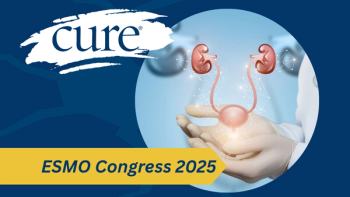
Adding Imfinzi to Bacillus Calmette-Guérin therapy improved disease-free survival for patients with high-risk, non-muscle invasive bladder cancer.

Among patients with muscle-invasive bladder cancer, perioperative Imfinzi to chemotherapy doesn’t have a detrimental effect on patient-reported outcomes.
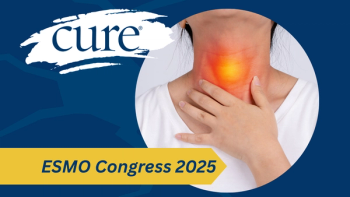
Lenvima and Keytruda with chemo did not help patients with metastatic esophageal squamous cell carcinoma live longer than Keytruda and chemotherapy alone.

Sevabertinib showed high response rates and durable disease control in patients with HER2-mutant NSCLC, with diarrhea as the main manageable side effect.

Home-based supervised physical activity has no major impact on fatigue and quality of life for patients with metastatic cancer receiving oral targeted therapy.
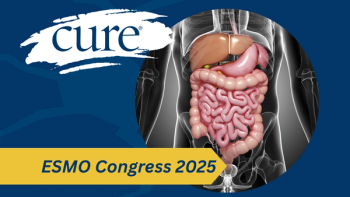
Gleevec remains effective in advanced gastrointestinal stromal tumors, with complete response or full tumor removal doubling median survival.
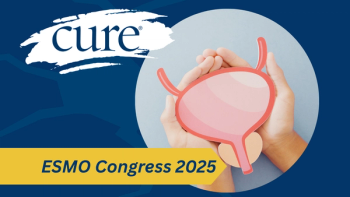
The addition of Tecentriq to BCG therapy did not significantly improve outcomes for patients with non–muscle-invasive bladder versus BCG alone.

Lutathera demonstrated antitumor activity in patients with metastatic bronchopulmonary neuroendocrine tumors.

Patients with advanced, pretreated ROS1-positive NSCLC treated with zidesamtinib saw an objective response rate of 44%.
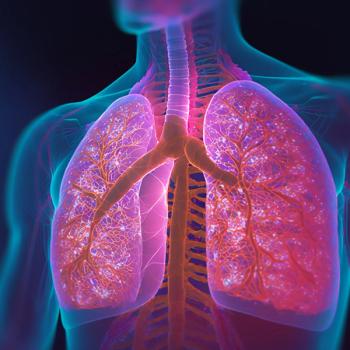
People with EGFR+ NSCLC whose disease spread outside the brain after treatment with Tagrisso lived longer when they kept taking Tagrisso along with chemo.
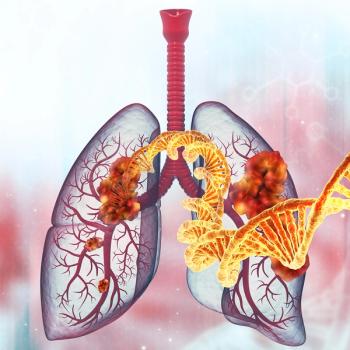
A combination of Iza-bren and Tagrisso showed beneficial results as an initial treatment for advanced/metastatic EGFR-mutated non–small cell lung cancer.

Never-smoker Leah Phillips, co-founder of the Young Lung Cancer Initiative, raises awareness that anyone with lungs can develop lung cancer.
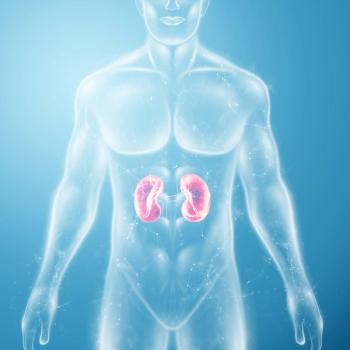
PD-1 treatment may help by shifting certain immune cells to fight diseases like kidney cancer; higher CD163-positive TAMs are linked to better outcomes.
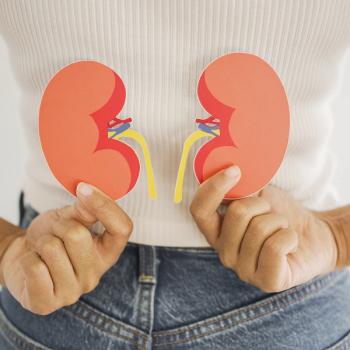
Adding casdatifan to Cabometyx therapy showed encouraging activity and was generally well tolerated in previously treated clear cell renal cell carcinoma.
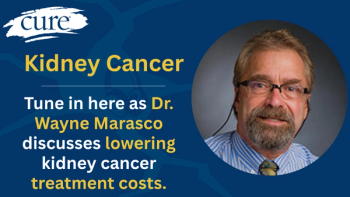
Enabling patients to generate CAR T-cells internally could cut kidney cancer therapy costs, explained Dr. Wayne Marasco of Dana-Farber Cancer Institute.

Data from the KEYNOTE-B61 trial show tumor shrinkage in different types of kidney cancer, including papillary and chromophobe subtypes.
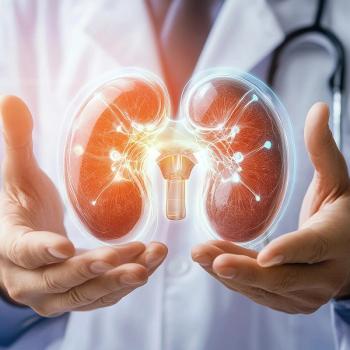
Stereotactic body radiotherapy costs less and has shown better safety compared with immunotherapy and tyrosine kinase inhibitors in patients kidney cancer.
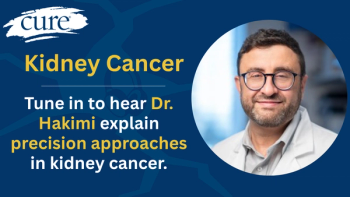
Dr. Ari Hakimi highlighted how tumor profiling and molecular markers are expanding access to precision-based trials for kidney cancer.
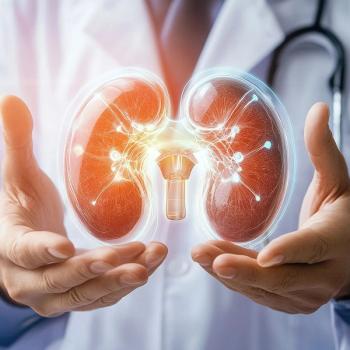
Welireg improved quality-adjusted survival time versus Afinitor in advanced renal cell carcinoma, extending progression-free survival and reducing side effects.
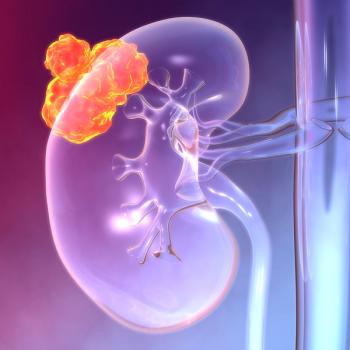
Researchers are building on the success of CAR T therapy in blood cancers to explore its use in clear cell renal cell carcinoma, a type of kidney cancer.

Early data suggest personalized neoantigen vaccines activate the immune system and sustain tumor control in some patients with kidney cancer.
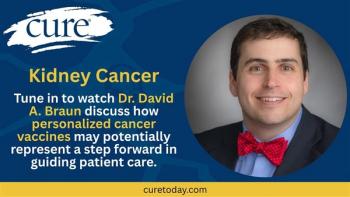
Personalized cancer vaccines may potentially represent a step forward in guiding the immune system to more precisely target kidney cancer.
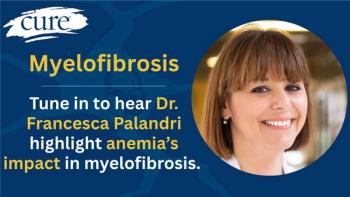
An expert highlights the impact of anemia in myelofibrosis and presented Ojjaara as a possible treatment to reduce transfusions and improve outcomes.

Dr. Joshua Sabari and Dr. Nausheen Ahmed sat down to discuss topline takeaways in the realm of hematologic malignancies following the 2025 ASCO Meeting.
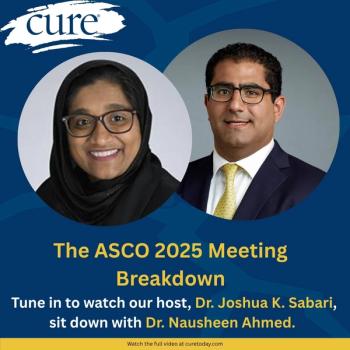
The 2025 ASCO Annual Meeting brought many different updates to light in the realm of hematological malignancies, including multiple myeloma and lymphoma.
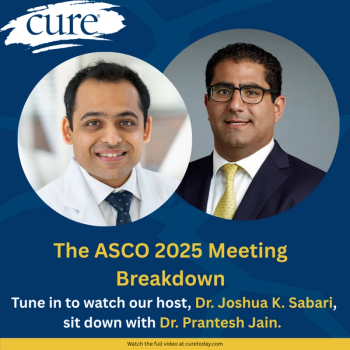
Dr. Prantesh Jain and Dr. Joshua Sabari delved into the numerous advances in NSCLC following 2025 ASCO, highlighting the REZILIENT-1 and NeoADAURA trials.